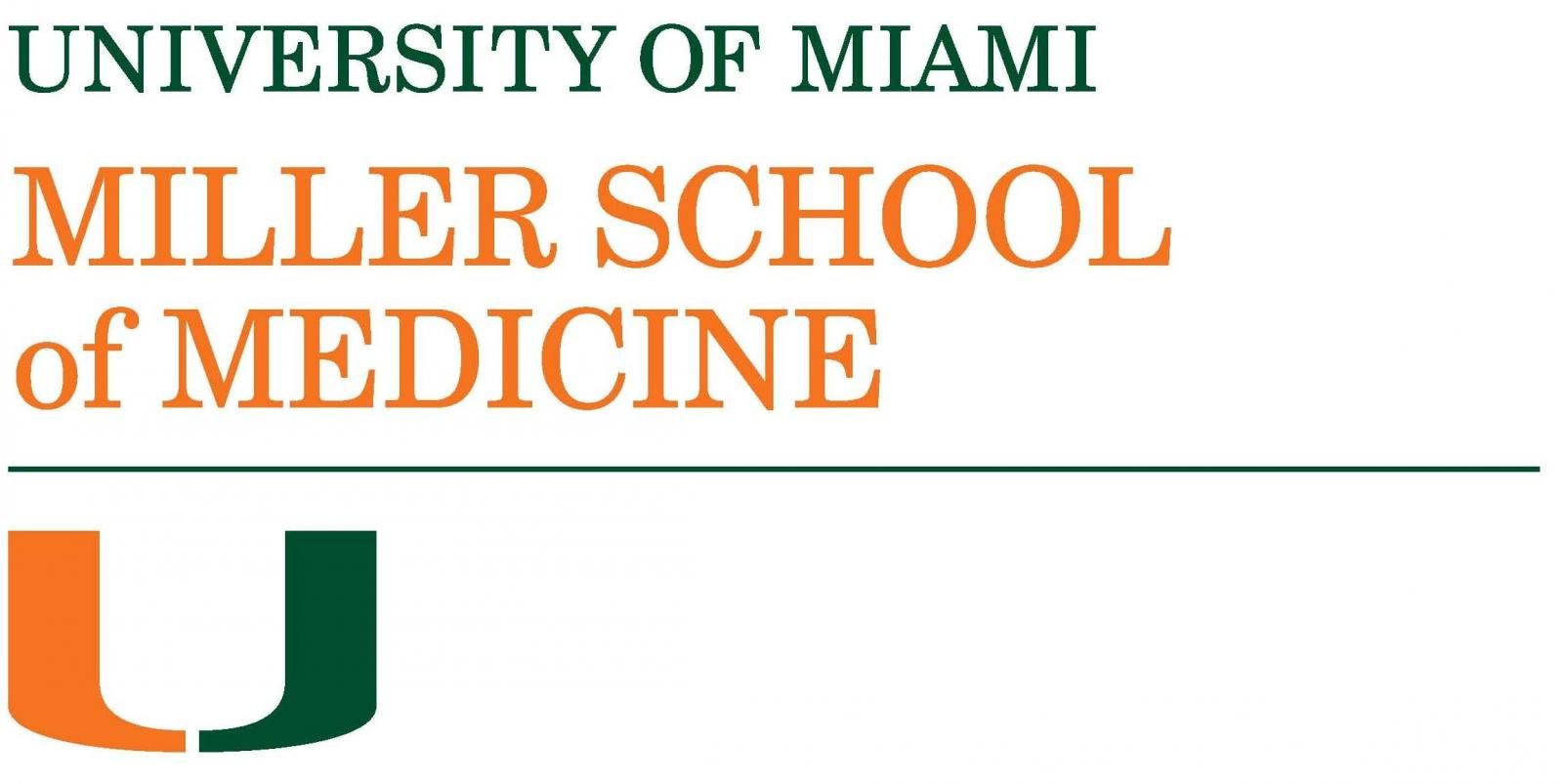
Effectiveness of Midazolam for Seizure Cluster Management: Kamil Detyniecki, MD

The associate professor of clinical neurology at the University of Miami Miller School of Medicine talked about findings from a recent post hoc analysis assessing the FDA-approved treatment of midazolam for seizure clusters. [WATCH TIME: 3 minutes]
WATCH TIME: 3 minutes
"The majority of patients, 97% with one dose and 94% with 2 doses, returned to full functionality in a single day of midazolam nasal spray administration. The study suggests that as patients use midazolam nasal spray more frequently, they tend to recover to full functionality more quickly, possibly reflecting improved efficiency in medication administration over time."
UCB’s Midazolam (Nayzilam) received
Newly published in Epilepsy & Behavior, a
Recently, lead author Kamil Detyniecki, MD, associate professor of clinical neurology at the
REFERENCES
1. UCB announces NAYZILAM® (midazolam) nasal spray now approved by FDA to treat intermittent, stereotypic episodes of frequent seizure activity in people living with epilepsy in the U.S. News Release. UCB. Published May 20, 2019. Accessed November 20, 2023. https://www.ucb.com/stories-media/Press-Releases/article/UCB-announces-NAYZILAM-midazolam-nasal-spray-now-approved-by-FDA-to-treat-intermittent-stereotypic-episodes-of-frequent-seizure-activity-in-people-living-with-epilepsy-in-the-U-S
2. Detyniecki K, Brunnert M, Campos R, Dimova S, Wheless JW. Return to full baseline functionality after repeated intermittent use of midazolam nasal spray in patients with seizure clusters: post hoc analysis of an open-label extension trial. Epilepsy Behav. 2023;148:109435. doi:10.1016/j.yebeh.2023.109483
Newsletter
Keep your finger on the pulse of neurology—subscribe to NeurologyLive for expert interviews, new data, and breakthrough treatment updates.










